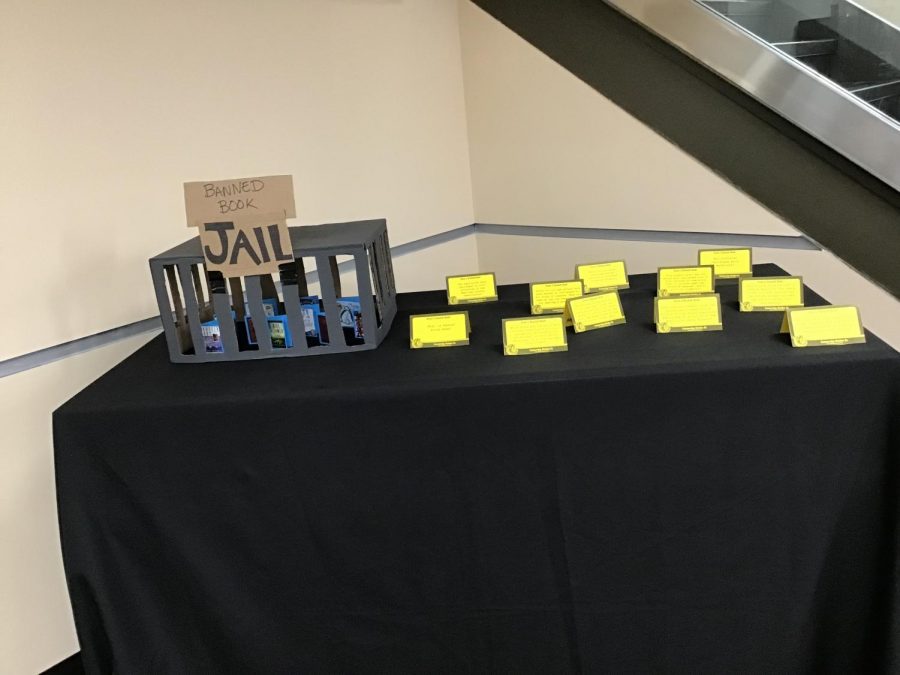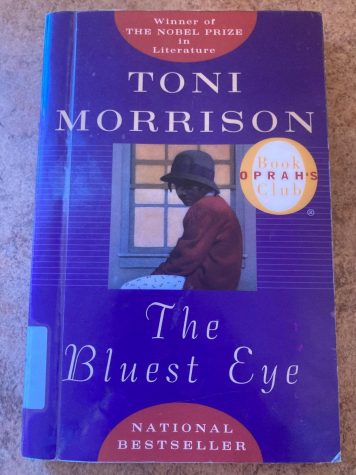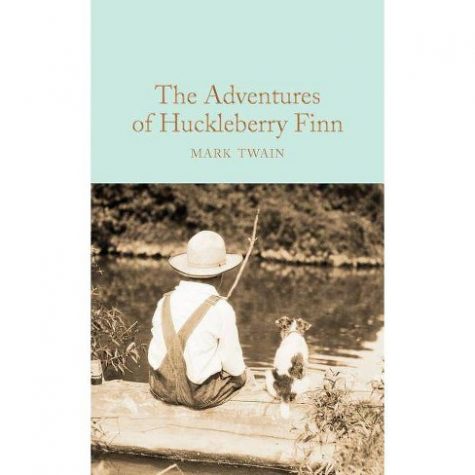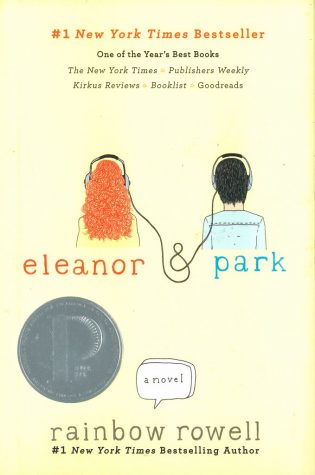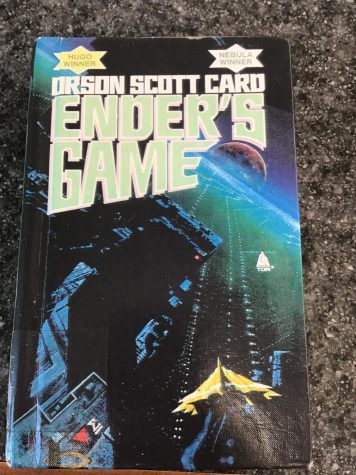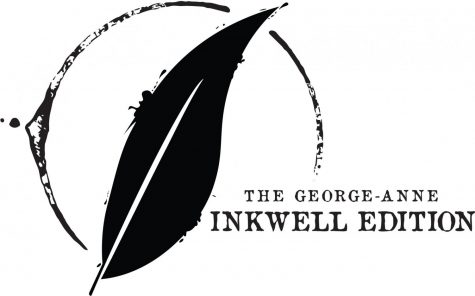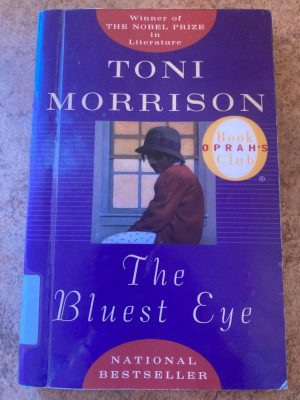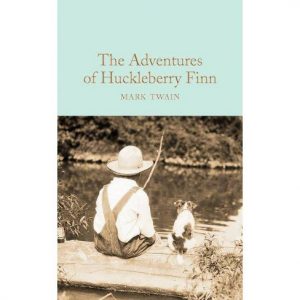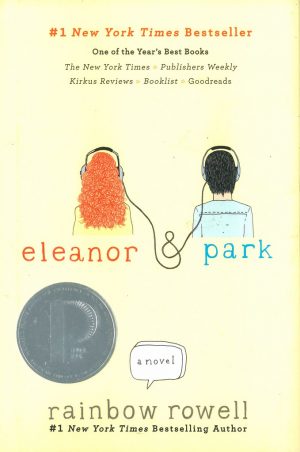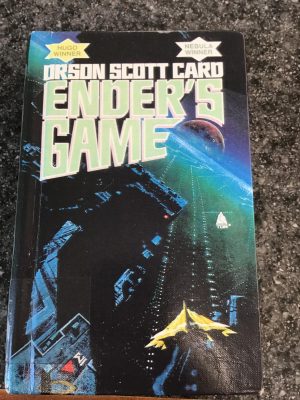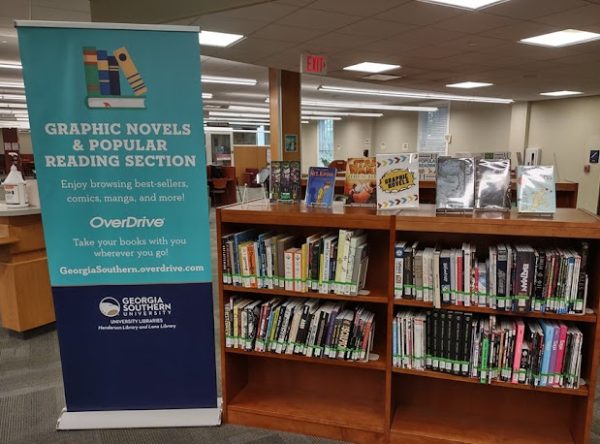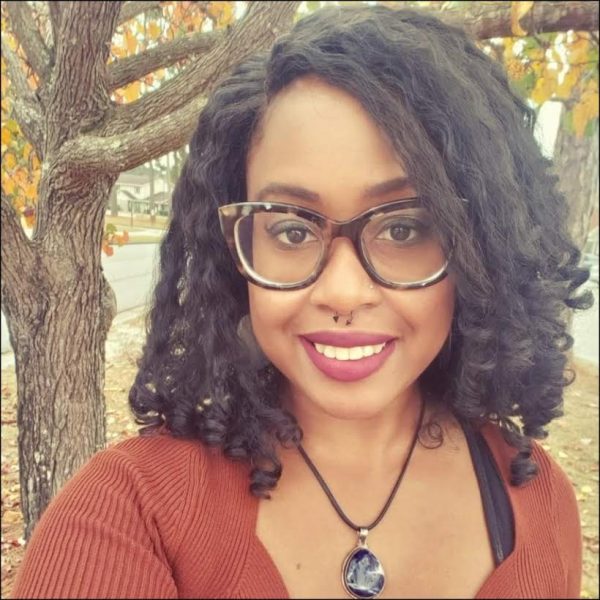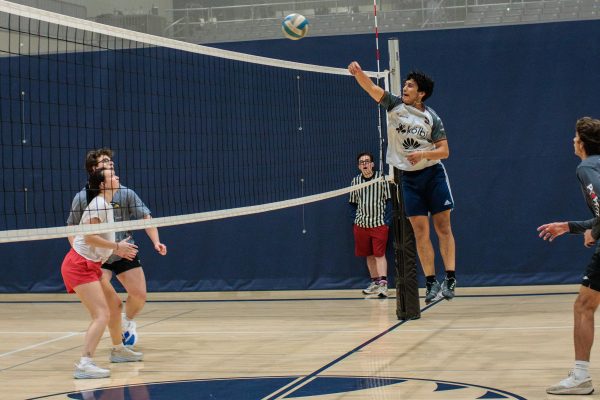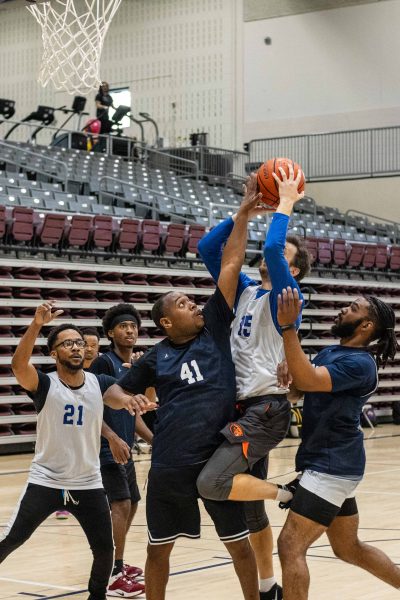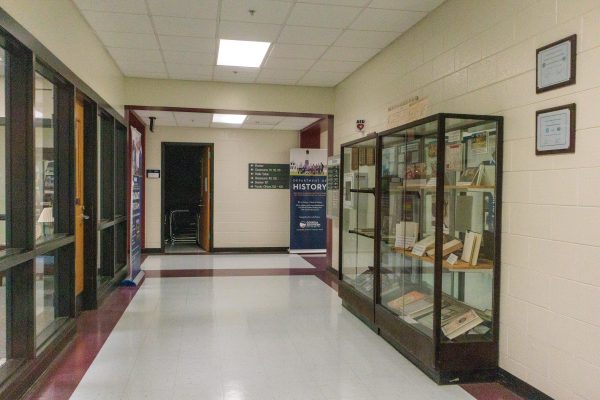Readers Should Make Their Own Decisions about What to Read
Lane Library’s Banned Books Week Display
In honor of Banned Books Week, The George-Anne Inkwell sent out a survey to students asking them about their favorite banned books and who they think should be allowed to censor books.
Three students and John Goshorn, an Assistant Professor in the Communication Arts department, responded with similar thoughts.
Each of the respondents had each read three or more banned books and for the most part they agreed that no one but the reader should be able to decide what they read.
“The person reading the book. It is entirely an intellectual exercise in the sense that you are reading ideas someone else had and wrote them down, and engaging them with your own consciousness, one reader at a time. Regardless of the content, the consequences of reading anything are entirely up to the person who did the reading,” Goshorn said.
Alayna Williams, a sophomore at Georgia Southern, did explain one exception where books should not be banned, but they should not be promoted either.
“I’m not sure. I want to say that no one should be able to ban a book, but then there are books that promote hate-speech and need to be regulated. I think books shouldn’t be banned and if a book is challenged then we should jus [sic] make them restricted access so people can still access the reading but it’s not as widely marketed as unregulated books,” Williams said.
To learn more about Banned Books Week, visit Banned and Challenged Books or read The George Anne Inkwell’s “Celebrating the Freedom to Read.”
To learn more about what Georgia Southern librarians and literature professors think of censoring literature, read The George-Anne Inkwell’s “Banned or Recommended: Who Should Decide?”

